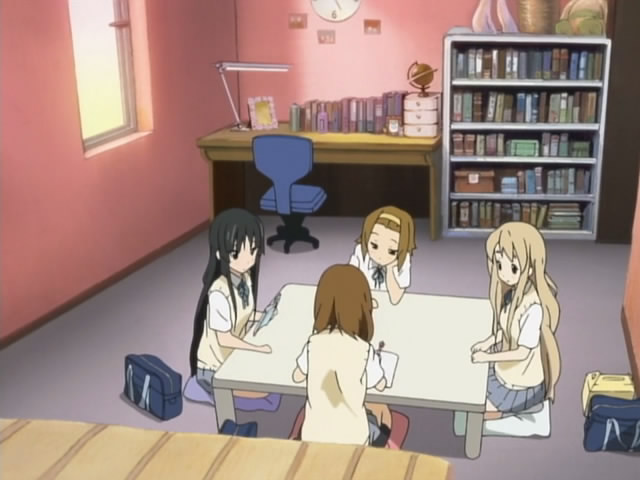
My childhood mindset perfectly capturedA new British study shows that ADHD could be genetic — “less than height but more than schizophrenia,” says Katherine Ellison of the LA Times, who celebrated the news at first:
“I’m off the hook!” it’s so tempting to think, when hearing this kind of news. yes, my chromosomes may be to blame, but at least I wouldn’t have to keep kicking myself over the possible ramifications of that fall from the swing set when my child was a toddler, or how much pesticide residue he’s accumulated in his short time on Earth, or whether my own distractedness has deprived him of the consistency and structure he so obviously needs.
She follows the hand wringing over her child’s toddler years, which we’ve all done, with a casually presented fact that I find the most striking about the whole thing. she says ADHD “conservatively affects at least 4.5 million American children and 9 million adults.”
Really? Twice as many adults as children? is this well known? The adults are going to have to claim the original title for themselves, and start referring to the kid version as Child ADHD.
You have to assume that adults just have had a lot more time to be diagnosed. the alternative is that it emerges late in life, which I find hard to believe.
Like Ellison says about herself, I’ve had all kinds of ADHD symptoms my entire life, we just didn’t call it that until very recently. As a kid we just talked about my absent mind and unique talent for staring at walls. it wasn’t common at the time anyway, but I’m kind of glad I didn’t get a diagnosis and hop on the treatment train. I did fine in school — I was just a B+ student who should have been an A+ student. Of course now if I mention ADD to anyone who’s known me for even two minutes, the response is: “Well, yeah.” Apparently I’m as easy to diagnose as an amputee.
But unlike Ellison, I didn’t appear to pass it on. my daughter has probably finished more chapter books in first grade than I did in all of grade school. though she does have some well-developed wall-staring talent. I’m in there somewhere.
And while Ellison is talking about ADHD, she could be talking about depression, obesity, ADHD and obesity, or any spot on the entire autism spectrum, where genes and experience get all mixed up.
She’s right in the end to dismiss the question of genes and guilt, with the line “nothing lets parents off the hook.”
The truth is, while it may feel like your fault if you somehow did something to contribute to your child’s condition, if it’s genetic, then it’s really your fault. You didn’t contribute to it, you totally gave it to them. when you come across some frustrating quality in your child, and you know it came straight from your DNA, does that not make it all the more frustrating? “Great,” I’ve thought to myself many times. “Going to be dealing with that for another three decades, just like the last three.”
So if we’re always on the hook, let’s just learn to love the hook. It’s part of the game.
Image via Flickr/SamHsu